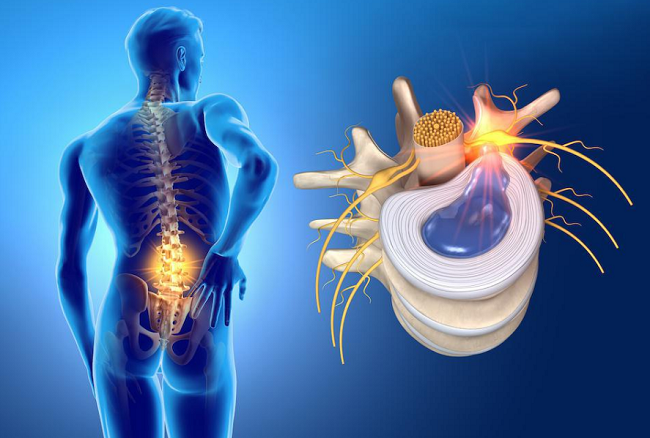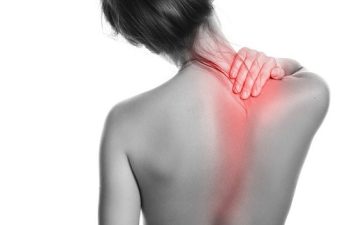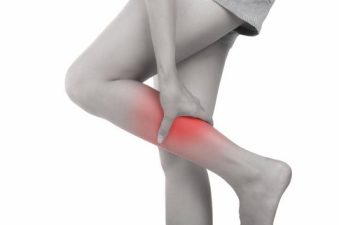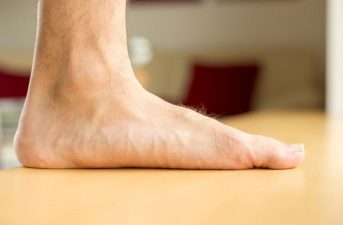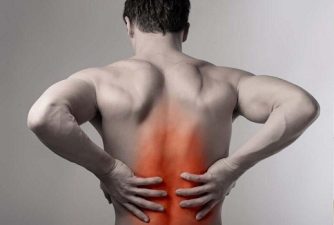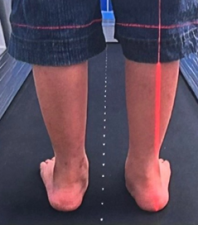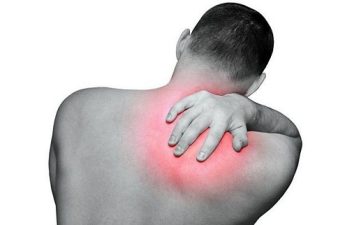Herniated discs can be a significant source of discomfort, pain, and inconvenience. However, the implications can run deeper, with potential complications and possible impacts on our everyday lives. This article explores various aspects of herniated discs – their dangers, potential exacerbating factors, and connections to bowel, bladder problems, and other symptoms.
A herniated disc occurs when the softer, jelly-like substance in the middle of an intervertebral disc pushes through a tear in its tough exterior. This may irritate nearby nerves, resulting in pain, numbness, or weakness in an arm or leg. In some cases, no symptoms are present. However, complications can arise, particularly if the herniation is left untreated.
Complications of Herniated Discs and Their Potential Dangers
Herniated discs can become dangerous if they compress the spinal cord or nerves extensively. This can lead to more severe symptoms such as cauda equina syndrome, characterized by loss of bowel or bladder control, severe pain, weakness in the legs, and even sexual dysfunction. This is a medical emergency and requires immediate attention.
A herniated disc may also cause nerve damage, which can be permanent if not treated promptly. For instance, one could experience nerve damage in the foot from a herniated disc if the herniation occurs at the lower spine, resulting in symptoms like foot drop, numbness, or weakness.
Herniated Discs and Bowel or Bladder Problems
Sometimes, a herniated disc can lead to bowel or bladder issues, including constipation or urinary incontinence. This typically occurs when the herniated disc is in the lumbar region of the spine, impacting nerves that control these functions. While less common, it’s essential to consult a healthcare professional if you experience such symptoms related to a herniated disc.What Can Make a Herniated Disc Worse?
Certain factors and activities can exacerbate a herniated disc’s symptoms. Physical strain, improper posture, and certain movements can increase the pressure on the disc, making symptoms worse. For example, anterior pelvic tilt, a postural issue where the front of the pelvis drops and the back of the pelvis rises, can intensify the symptoms of a herniated disc by putting additional pressure on the lumbar spine.
Night-time can also be particularly troublesome for those with a herniated disc. The pain can become worse due to specific sleeping positions that put pressure on the herniated disc or because of the lack of distractions from the pain at night.
Massage, while generally considered therapeutic, can potentially worsen a herniated disc if not done correctly. Vigorous or deep tissue massage might increase the pressure on the herniated disc or even displace it further. Hence, it’s crucial to seek treatment from a trained healthcare professional who understands your condition.
When a Herniated Disc Is Not Getting Better
Despite your best efforts, there might be situations when your herniated disc is not getting better. This could be due to various reasons – severity of the herniation, underlying health conditions, or inadequate or inappropriate treatment.
If conservative treatments do not alleviate symptoms after six weeks, you might need to explore other options, such as physical therapy, epidural steroid injections, or in severe cases, surgery.
In conclusion, a herniated disc is more than just back pain. It can potentially be dangerous, affecting various aspects of our daily lives, including bowel and bladder functions. It’s crucial to recognize what can make the condition worse and seek professional medical advice to manage and treat the symptoms effectively. Your health is worth it – don’t hesitate to seek help if you need it.


